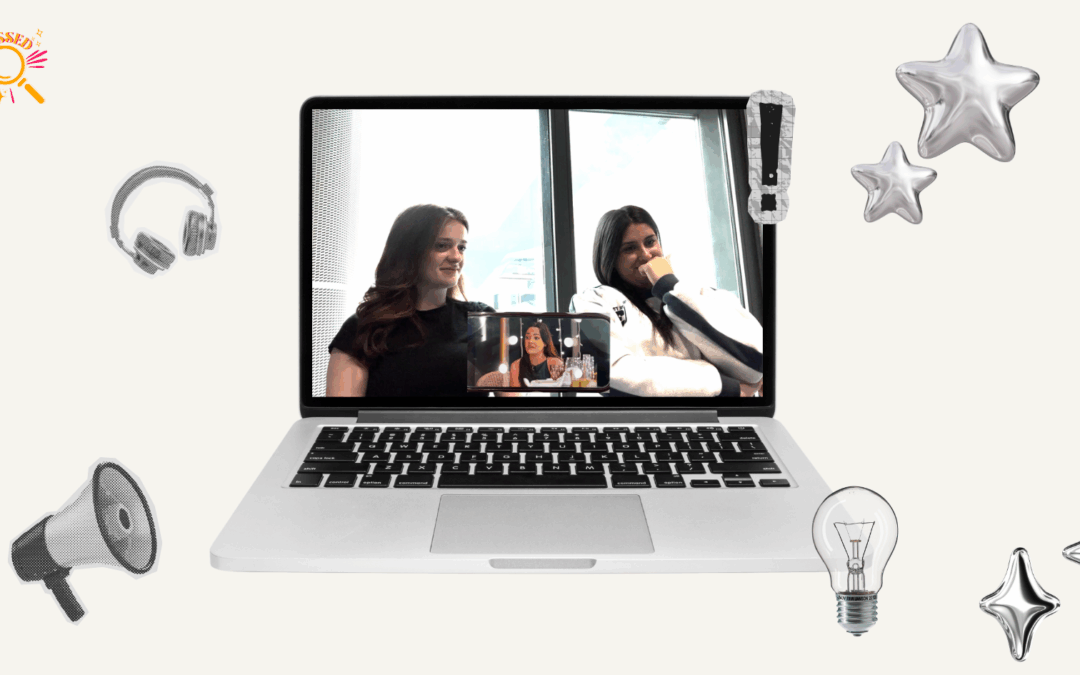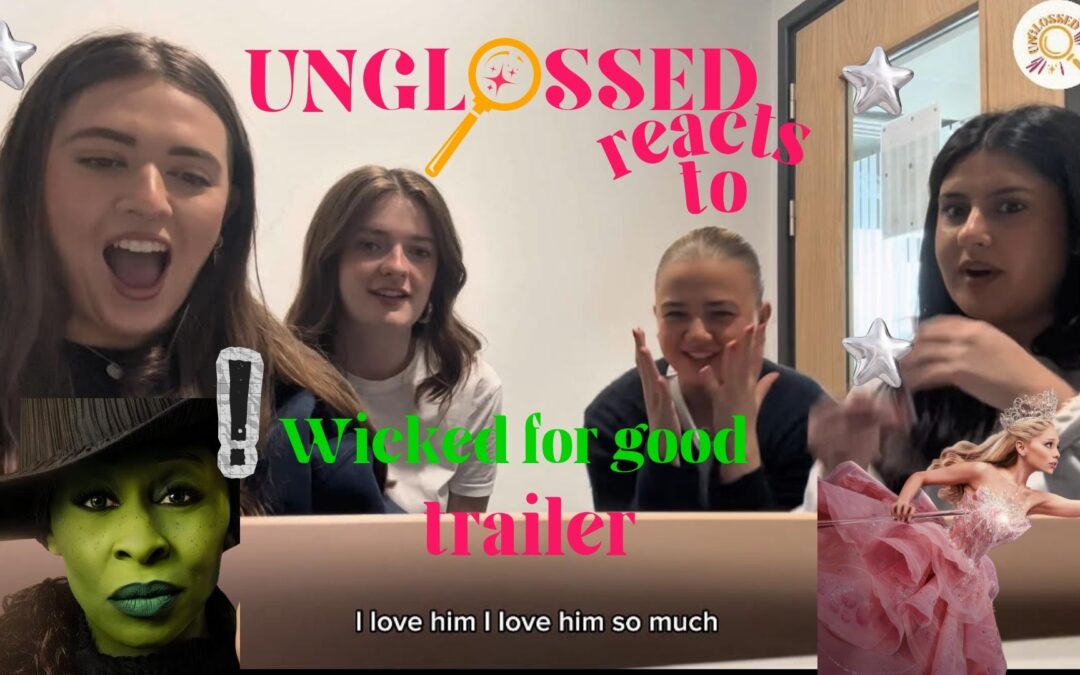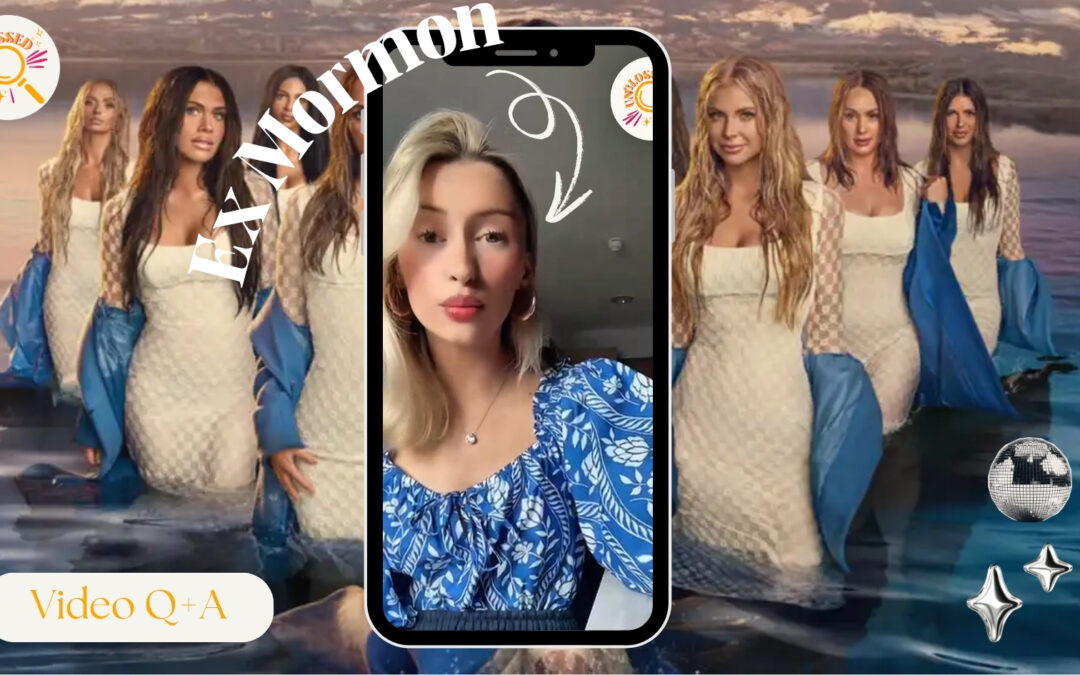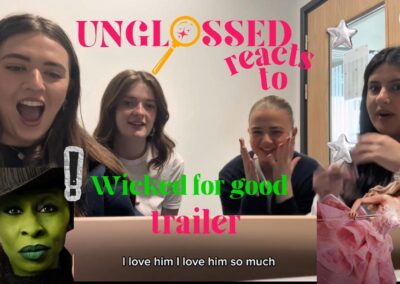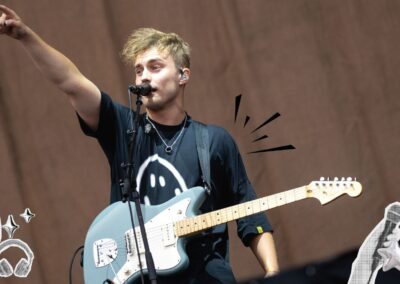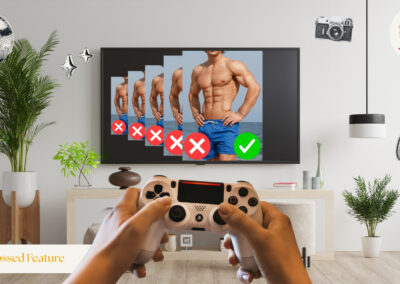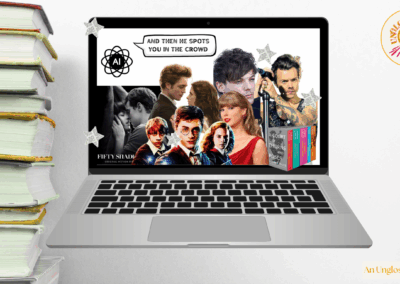In a reality TV landscape dominated by straight love stories, I Kissed a Boy offers something refreshingly different: emotional depth, diverse identities, and queer connection on its own terms.
Straight love has always had a front-row seat in reality dating shows. From Love Island to Too Hot to Handle, these glossy formats serve up predictable drama, sun-kissed couples, and surface-level intimacy… all filtered through a heteronormative lens. For queer viewers, representation has often come in crumbs: tragic storylines, comic relief, or ‘blink-and-you’ll-miss-it’ plotlines squeezed into formats never built for them.
But I Kissed a Boy changed the game. The BBC’s first gay dating show didn’t just include queerness, it centred it. For S2 contestant Ruben Bø Dower, stepping into a space made by and for queer people was more than a TV opportunity. “This was a glimmer into a world that was built for gay people,” he says, and for once, the love story didn’t come with conditions.
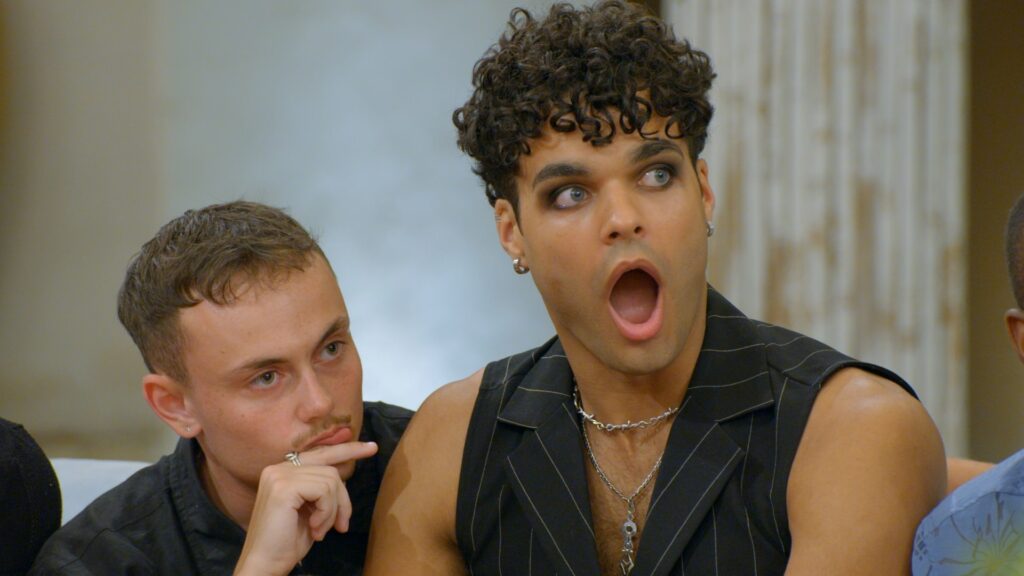
For Ruben, I Kissed a Boy wasn’t just a dating experiment, it was a rare moment of emotional safety in a world that often demands queer people to shrink or filter themselves. “I’ve never felt more comfortable in a space, for that extended period of time,” he says. “We all came in gay, and we all left so much gayer, because we gave each other permission to be that way.”
In most mainstream dating shows, queer contestants, if they’re included at all, are dropped into formats never designed with them in mind. I Kissed a Boy flipped that logic, because from the casting to the conversations, the show created an environment where queerness wasn’t a subtext, it was the foundation.
“Every single person was so different, and did themselves so authentically, so that gave everyone else permission to be authentic too.” says Ruben.
In most reality dating shows, love is reduced to chemistry in a hot tub or a well-timed kiss under fairy lights, but Ruben says I Kissed a Boy offered something different… something deeper. “It wasn’t just attraction,” he says. “It was based on life experience and on different ways of existing as queer people.”
Rather than forcing couples into Instagrammable love stories, the show gave space for messy, nuanced conversations, the kind that rarely make it to primetime TV. Contestants opened up about HIV stigma, trans identity, racial trauma, disability, and the realities of growing up queer. “We were very vocal about the nuances of identity and how that affects us,” Ruben explains. “And that was just a very important thing to see.”
This kind of emotional honesty isn’t often prioritised in straight dating formats, where vulnerability is carefully edited for drama. But in I Kissed a Boy, it felt natural, because queer love was shown not just as romantic, but as deeply connected.
While I Kissed a Boy was celebrated as a milestone, Ruben is clear: one show isn’t enough. “Straight people have hundreds of dating shows, but for us, the twist is that it’s queer. But why don’t we get a queer Married at First Sight, a queer Naked Attraction?”
The novelty of I Kissed a Boy highlighted just how little space queer people are given in mainstream reality TV, and how much pressure is placed on that one show to do it all. When there’s only one format, every casting choice and storyline is scrutinised, every episode is expected to represent the full spectrum of queer experience, and it’s an impossible standard that straight dating shows are never held to.
Ruben isn’t asking for token inclusivity, he’s simply asking for options. For different personalities, relationship styles, and emotional dynamics to be explored across multiple formats, and not just one version of queer love, but many. Because that’s what real representation looks like: not just visibility, but variety.
Part of what makes I Kissed a Boy so radical is its quiet refusal to conform to how straight audiences often expect queer people to behave. “There’s this idea that queer love is hypersexual,” Ruben says. “But queerness is a mindset, a community, and a way of being much more liberated and expressive… it’s so much more than just who you’re attracted to.”
For Ruben, that misunderstanding often reduces queer expression to something purely physical, or forces it to mirror heteronormative standards. “People ask, ‘Who’s the man? Who’s the woman?’, as if we’re just trying to recreate a straight dynamic, but queerness breaks all that down.”
On I Kissed a Boy, no two couples looked or acted the same. There was no blueprint, no default roles, just people figuring it out in real time…and that’s the point. “Queerness is about exploring and finding what’s right for you,” Ruben says. “It’s not about fitting into a mould of what a relationship is supposed to be.”
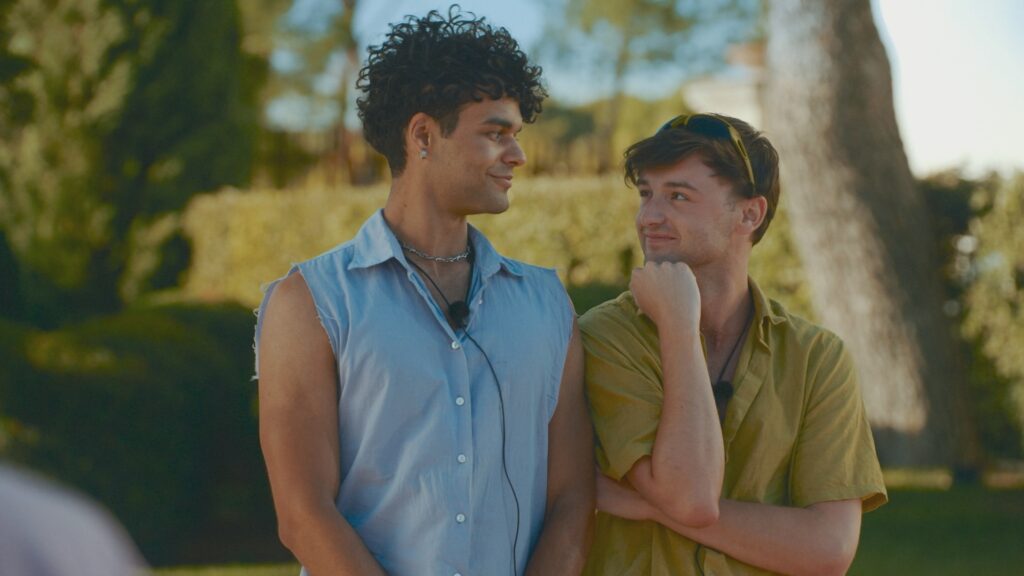
For Ruben, being part of I Kissed a Boy wasn’t just about finding love, it was about showing what’s possible when queer people are given space to exist freely, fully, and unapologetically. “If I can even just affect the life of one queer 14-year-old, I’d be super, super proud of that,” he says.
And that’s the real power of shows like this: they don’t just entertain, they affirm. They offer young LGBTQ+ viewers a mirror, a moment of recognition, and a message that their stories are worthy of screen time too.
So Ruben isn’t asking for queer people to be added into straight formats as decoration, he’s asking for something more ambitious: a reality TV landscape that reflects the full spectrum of queer experience, in all its complexity and joy. I Kissed a Boy was a beginning, not the final answer, but a new blueprint… and now it’s time to build more.
I Kissed a Boy finale is on Sunday at 9pm on BBC Three. Catch up on the whole series on BBC iPlayer.

